Transactional Kiosks
Payment Kiosks
POS Kiosks
Take your business to the next level with MetroClick’s transactional kiosk solutions. Our touch screen kiosks are designed with the latest technology to provide your customers with an interactive and engaging experience.
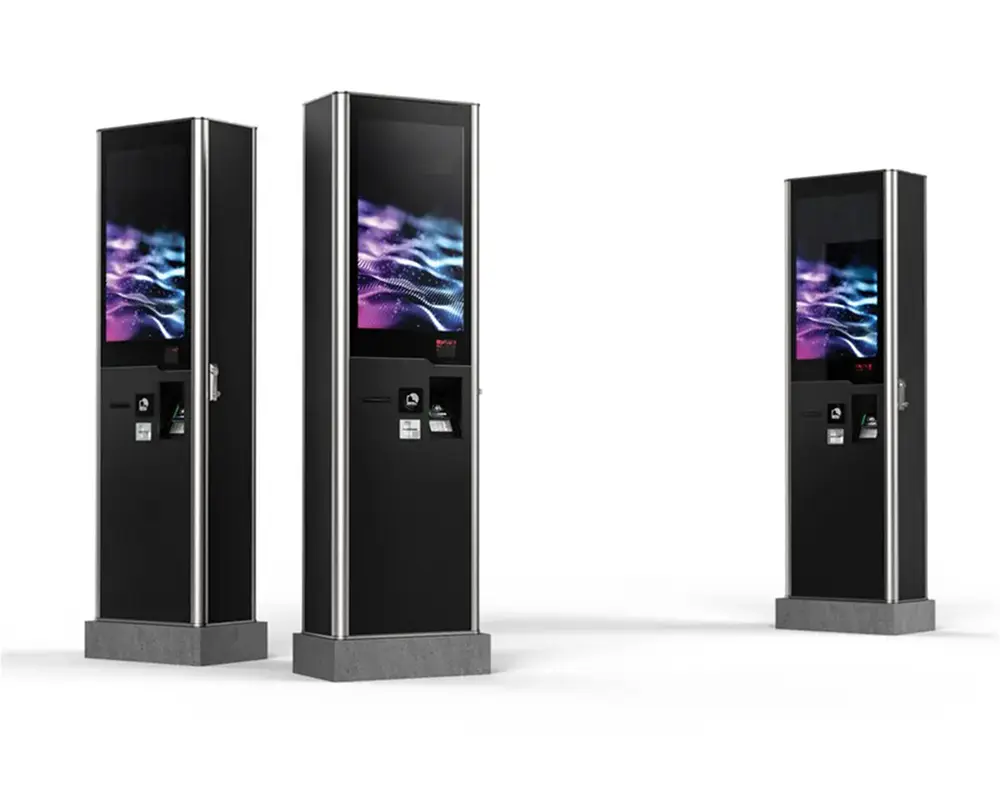
Trusted by industry leaders to power better customer experiences
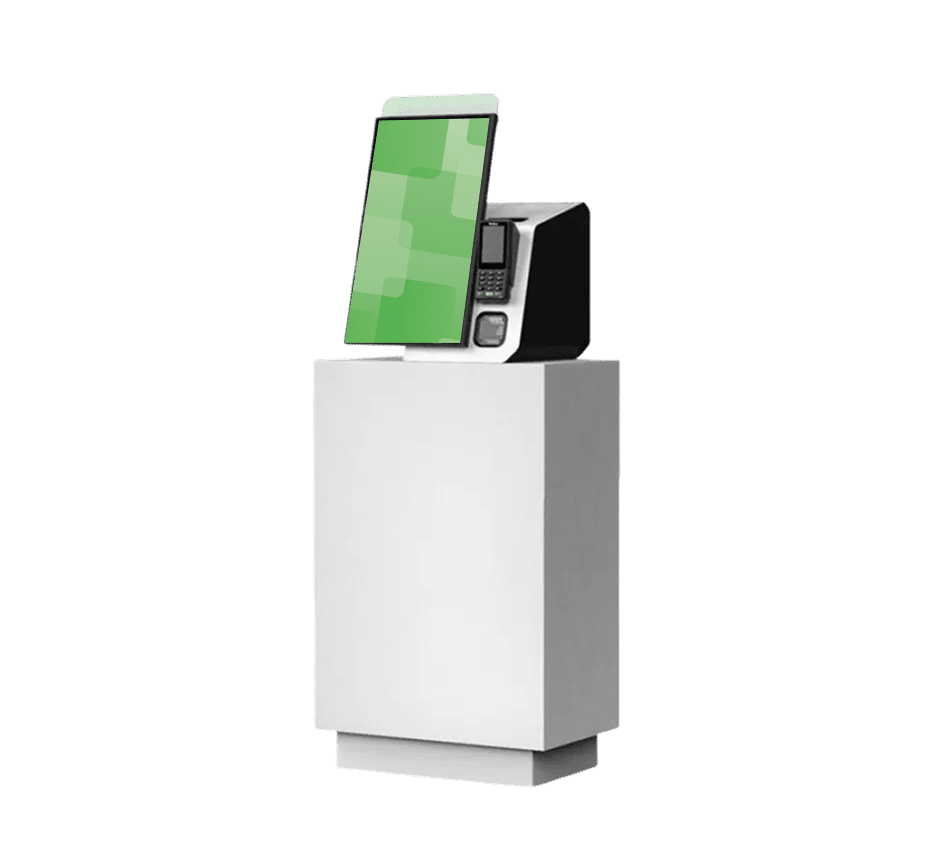
Tabletop Ordering Kiosk
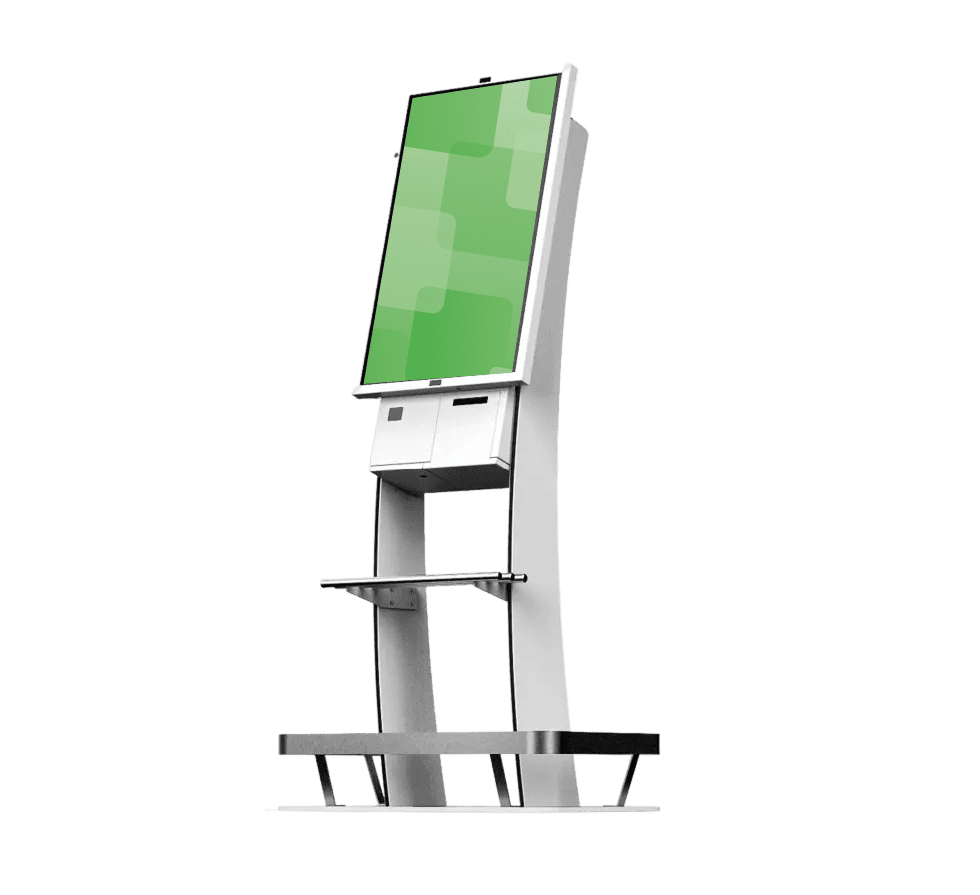
Curved Kiosks
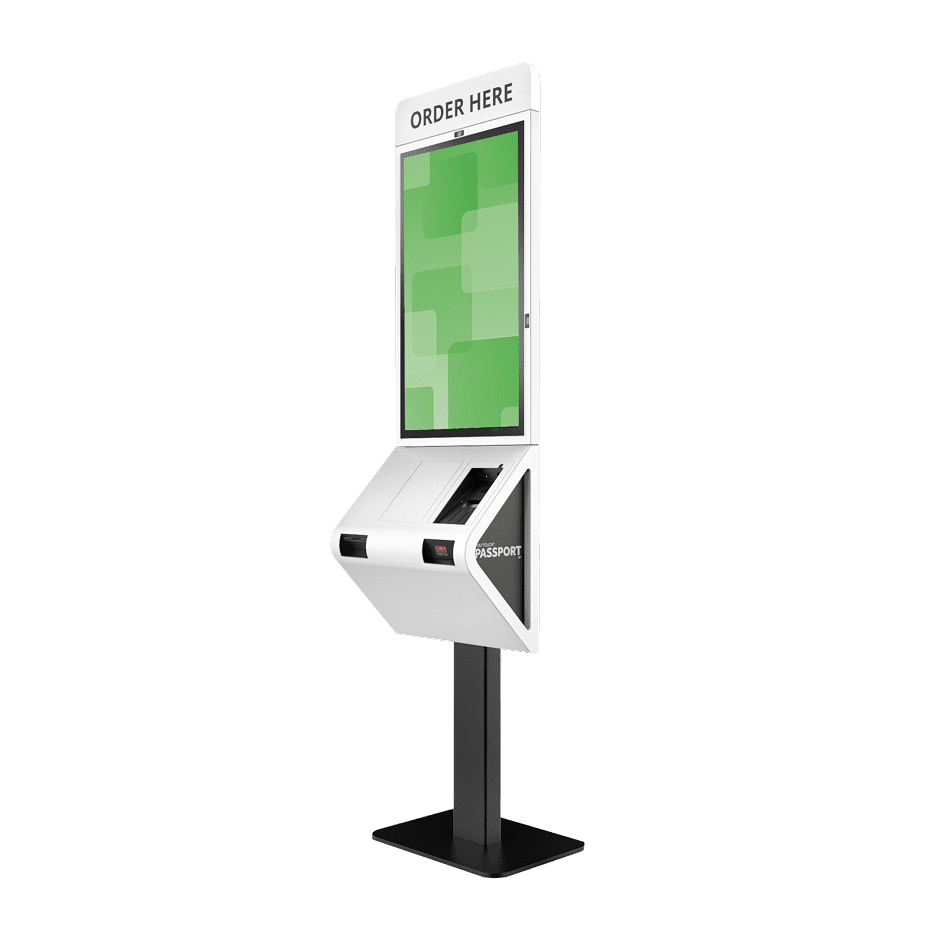
Portrait Ordering Kiosks
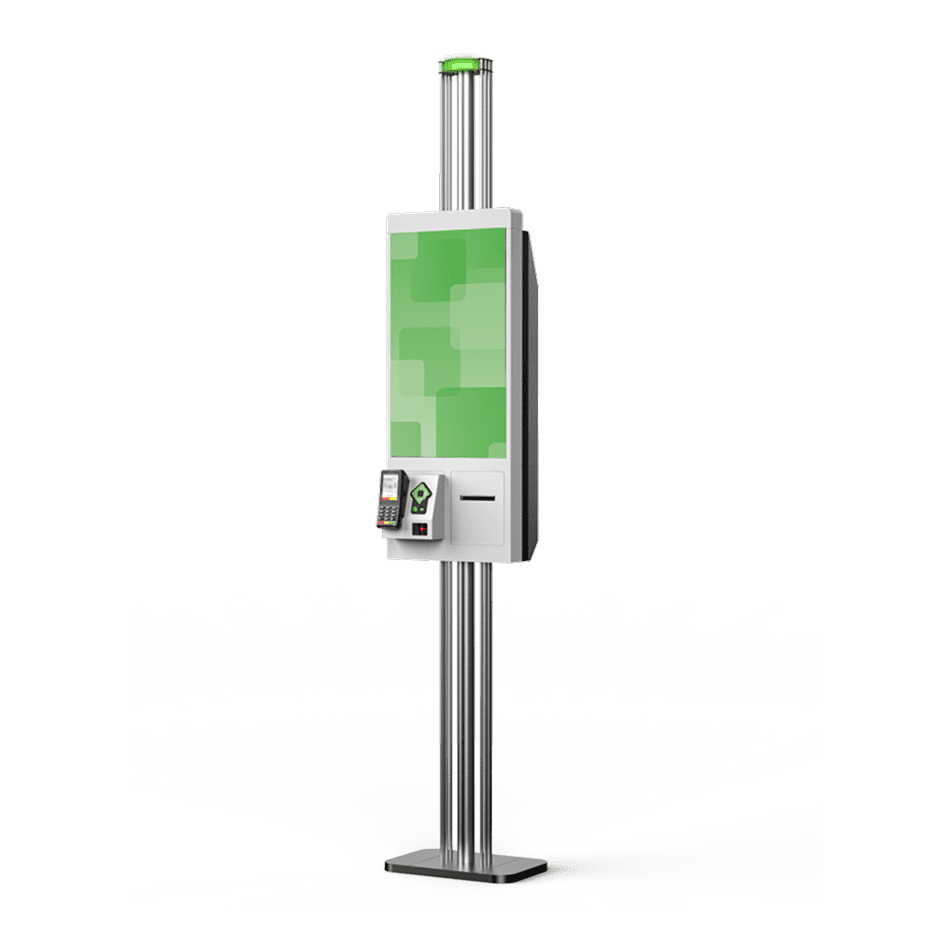
Small Format Ordering Kiosks
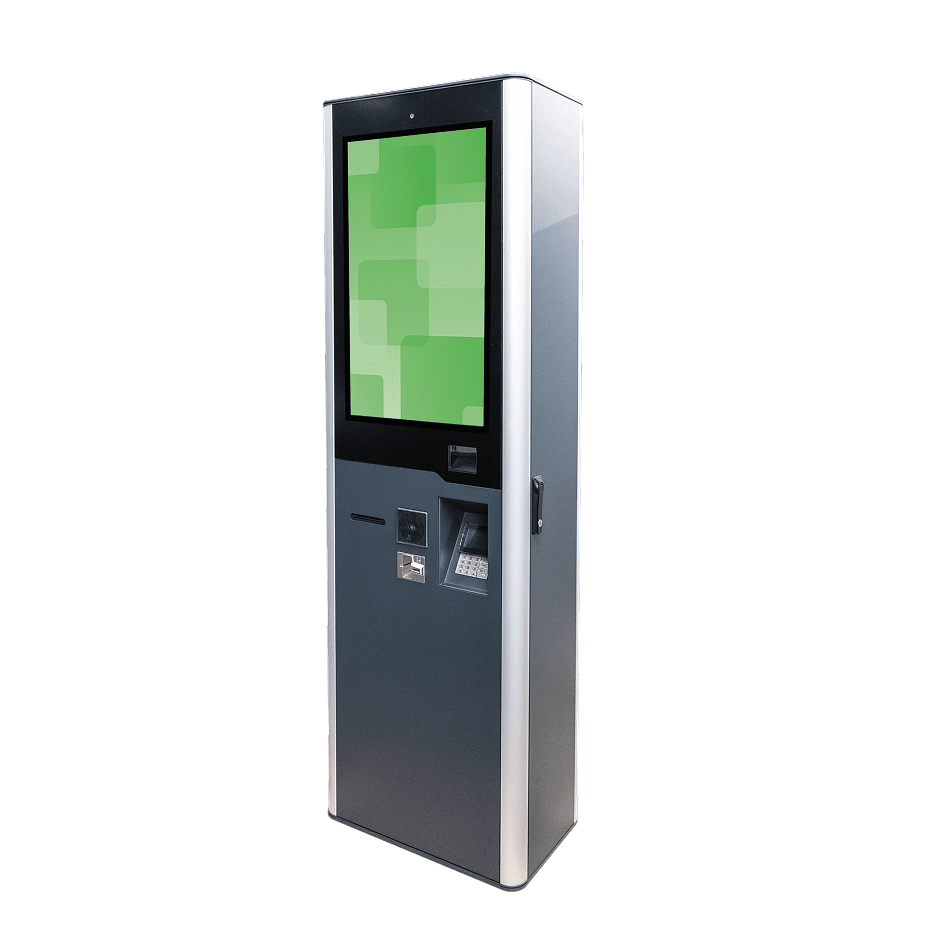
Outdoor Ordering Kiosks
Discover the versatility built into each product
Built for Every Environment
Trust in ruggedized, rated, reliable and robust devices of all shapes and sizes that perform flawlessly indoors or out.
Engage and Inform
Guide users through effortless, self-driven, interactive experiences or stream advertisements and promotions 24/7 on optically bonded, enhanced viewing touch screens.
Modular in Design
Easily configure, connect and scale devices to suit different locations, functions and use cases, while streamlining maintenance, serviceability and operational expenses.
Unapologetically Authentic
Fit any space with aesthetics and branding that drives emotional resonance and authentic connections to your true brand.
Industry applications for Payment Kiosks
Sports Arenas
Guide fans from parking to seats
Interactive paths that simplify navigation and amplify sponsor engagement
Healthcare Facilities
Simplify complex patient journeys
Real-time wayfinding that adapts to emergencies and staffing changes
Retail Spaces
Convert browsers to buyers
Shelf-edge experiences that bridge digital browsing and physical products
MetroClick Manager
Sync every screen, everywhere
Our hybrid CMS and DXP platform that seamlessly connects your digital experiences. Easily deliver omnichannel content using intuitive editing tools and templates to craft engaging customer interactions.
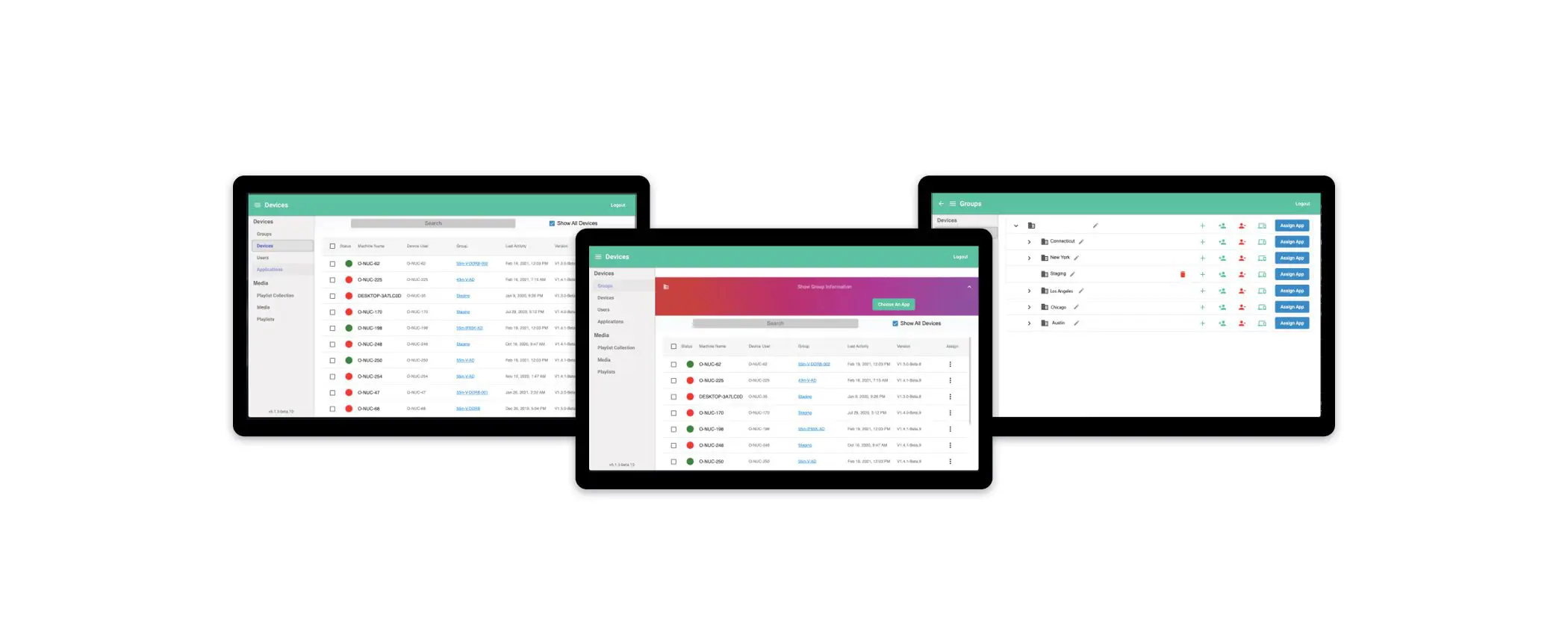
Other hardware options
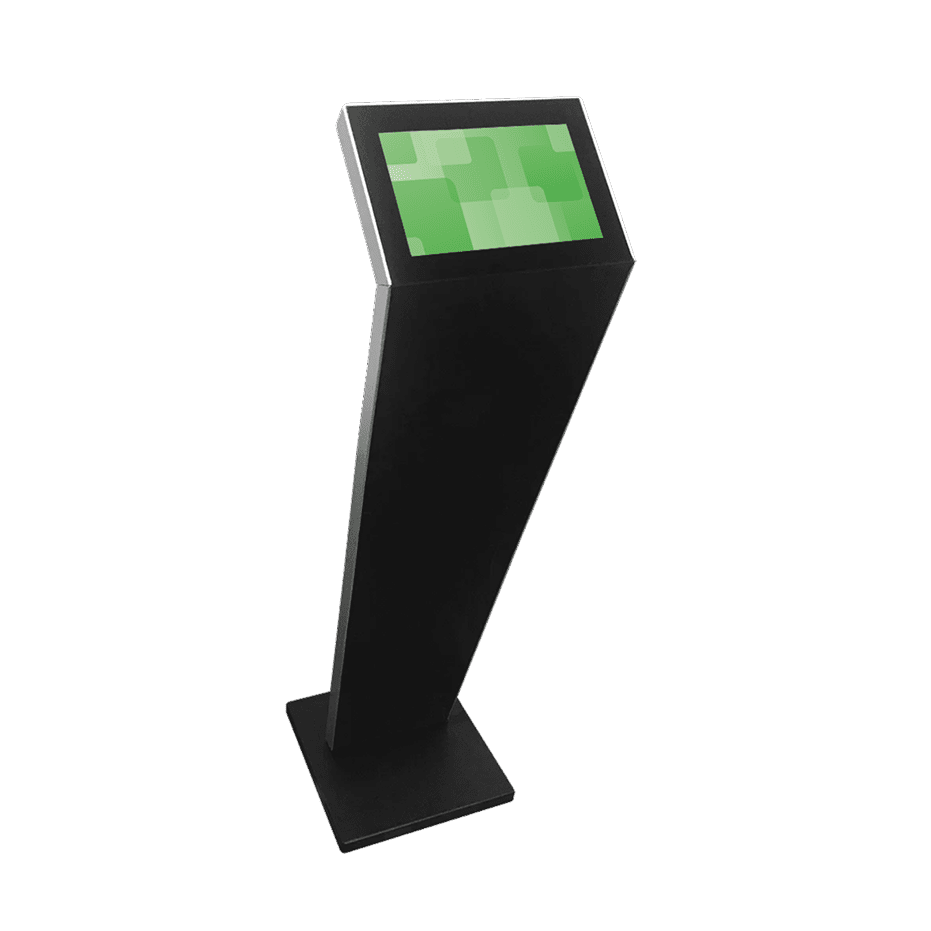
Small Format Kiosks
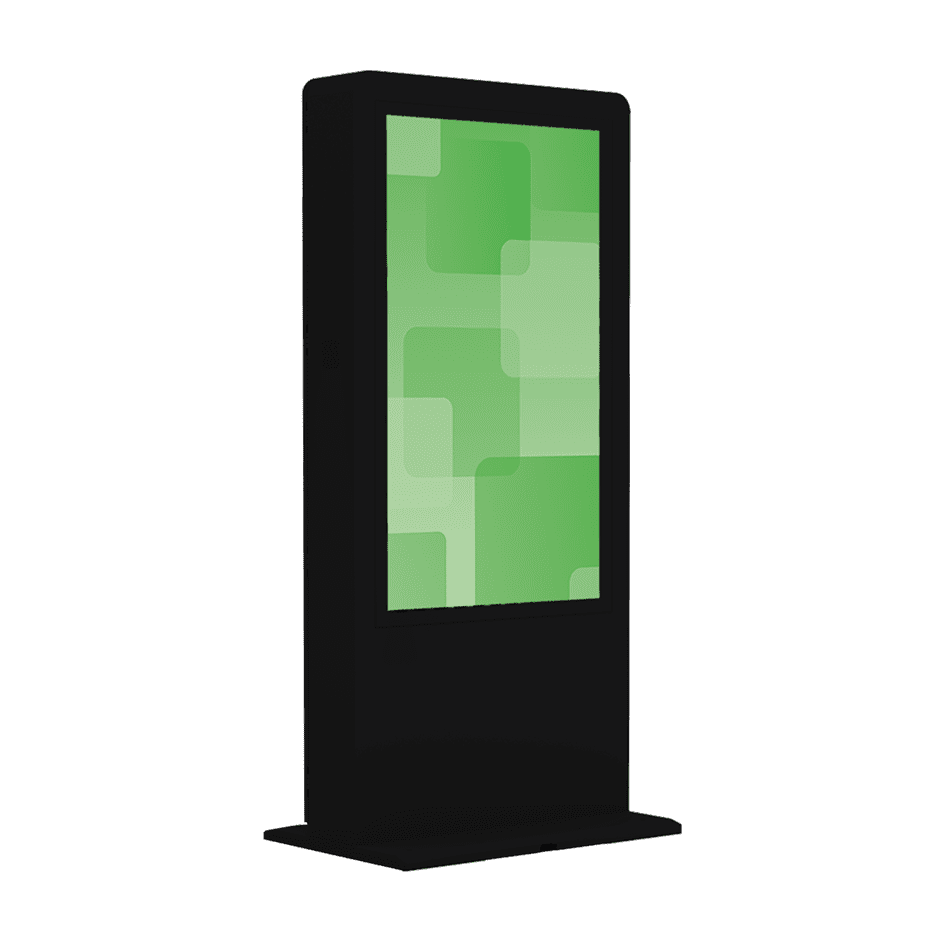
Large Format Kiosks
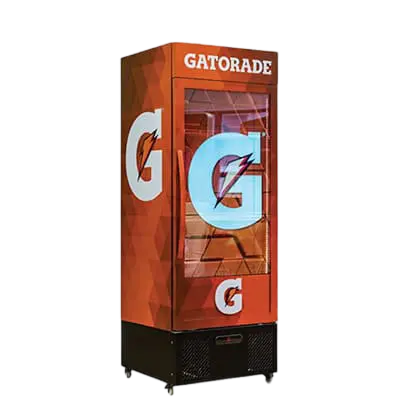
Immersive Kiosks
More Information
Self-Service Payment Technology Transforming Transaction Processing
Payment kiosks represent a fundamental shift in how businesses handle financial transactions, offering automated solutions that streamline operations while enhancing customer autonomy. MetroClick’s transactional kiosk systems integrate advanced payment processing capabilities with intuitive interfaces, creating seamless experiences across diverse business environments.
These sophisticated terminals accept multiple payment methods, including contactless NFC, chip cards, magnetic stripe cards, and mobile wallets. The convergence of payment technologies within a single platform enables businesses to accommodate varying customer preferences while maintaining efficient transaction flows. Organizations implementing self-service payment solutions report reduced queue times and improved operational efficiency.
EMV Compliance and Transaction Security Standards
Modern payment kiosks incorporate comprehensive security measures that exceed industry requirements for financial data protection. EMV chip technology forms the foundation of secure card processing, while point-to-point encryption (P2PE) safeguards sensitive information throughout the transaction journey. These systems maintain PCI-DSS compliance through regular security updates and vulnerability assessments.
Multi-layer authentication protocols protect against fraudulent transactions without compromising user experience. Tokenization replaces sensitive card data with unique identifiers, preventing unauthorized access even if systems face security breaches. Real-time fraud detection algorithms monitor transaction patterns, flagging suspicious activities for immediate review while allowing legitimate purchases to proceed uninterrupted.
Integration Architecture for Payment Processing Systems
Successful payment kiosk deployment requires seamless integration with the existing business infrastructure. MetroClick’s systems connect with major payment gateways, point-of-sale platforms, and enterprise resource planning software through standardized APIs. This interoperability ensures transaction data flows efficiently between customer-facing kiosks and backend management systems.
Cloud-based processing capabilities enable real-time synchronization across multiple locations, providing centralized oversight of distributed kiosk networks. Businesses can monitor transaction volumes, track revenue streams, and identify operational bottlenecks through unified dashboards. The modular architecture supports future expansions as payment technologies evolve and business requirements change.
Industry-Specific Payment Kiosk Applications
Quick Service Restaurant Order Management
Fast-food establishments leverage payment kiosks to revolutionize order placement and payment processing. These systems reduce order errors through visual menu displays and customization options that guide customers through selections. Integration with kitchen display systems ensures orders are transmitted instantly upon payment confirmation, minimizing preparation delays.
Menu management tools allow real-time updates for pricing, availability, and promotional offers across all kiosks simultaneously. Loyalty program integration encourages repeat visits by recognizing members and applying rewards automatically. Many restaurants report that average transaction values increase when customers use self-service kiosks due to reduced ordering pressure and enhanced upselling opportunities.
Healthcare Payment Collection Solutions
Medical facilities implement payment kiosks to streamline patient check-in and copayment collection processes. These specialized systems integrate with practice management software to retrieve patient balances and insurance information automatically. HIPAA-compliant designs ensure protected health information remains secure throughout payment transactions.
Automated payment plans allow patients to establish recurring billing arrangements directly through kiosk interfaces. Integration with insurance verification systems provides real-time eligibility checks and copayment calculations. Healthcare organizations utilizing payment kiosks report improved collection rates and reduced administrative burden on front-desk staff.
Parking and Transportation Fee Collection
Municipal parking systems and transportation hubs deploy weather-resistant payment kiosks for automated fee collection. These ruggedized units withstand extreme temperatures and precipitation while maintaining reliable operation. License plate recognition integration enables ticketless parking experiences where drivers enter plate numbers for payment association.
Multi-space parking kiosks serve entire lots or street segments, eliminating individual meter maintenance. Dynamic pricing capabilities adjust rates based on demand patterns and special events. Transit applications include fare collection for buses, trains, and ferry services, with options for single rides, day passes, or reloading stored-value cards.
Operational Benefits and ROI Considerations
Labor Cost Reduction Through Automation
Self-service payment kiosks significantly reduce staffing requirements for transaction processing roles. A single employee can oversee multiple kiosks, intervening only when customers require assistance. This workforce optimization allows businesses to redeploy staff toward higher-value activities like customer service and relationship building.
24/7 payment acceptance becomes feasible without overnight staffing costs. Automated cash handling reduces he risk of shrinkage associated with manual cash management. Organizations typically achieve positive ROI within 12-18 months through combined labor savings and increased transaction capacity.
Enhanced Customer Experience Metrics
Touchscreen kiosks empower customers with transaction control while reducing perceived wait times. Multi-language support ensures accessibility for diverse populations, expanding potential customer bases. Queue psychology improves as customers engage with interactive screens rather than standing in traditional lines.
Transaction speed increases significantly compared to staffed counters, with typical payments completing in under 60 seconds. Customer satisfaction scores generally improve following kiosk implementation due to reduced friction in payment processes. The availability of multiple payment options accommodates varying preferences without requiring staff training on each method.
Implementation Best Practices
Site Planning and Kiosk Placement Strategy
Optimal kiosk positioning requires analysis of traffic patterns and customer journey mapping. High-visibility locations near entrances capture customer attention while maintaining smooth traffic flow. ADA-compliant installations ensure wheelchair accessibility with appropriate height ranges and clear approach paths.
Power and network infrastructure assessments determine installation feasibility and ongoing operational requirements. Security considerations include physical anchoring systems and surveillance camera coverage. Environmental factors like lighting conditions and ambient noise levels influence screen brightness and audio feedback settings.
Change Management and Customer Adoption
Successful payment kiosk deployment requires comprehensive change management strategies addressing both staff and customer concerns. Employee training programs emphasize kiosk benefits while addressing job security concerns through reskilling opportunities. Staff become kiosk ambassadors, guiding hesitant customers through initial transactions.
Phased rollouts allow gradual customer adaptation while maintaining traditional payment options during transition periods. Clear signage and intuitive interface designs reduce learning curves for first-time users. Promotional incentives like faster service or small discounts encourage early adoption among customer bases.
Future-Ready Payment Technologies
Payment kiosks continuously evolve to incorporate emerging transaction technologies. Biometric authentication, including fingerprint and facial recognition, enhances security while streamlining user identification. Cryptocurrency payment acceptance positions businesses for digital currency adoption as regulatory frameworks develop.
Voice-activated interfaces improve accessibility for users with visual impairments or physical limitations. Artificial intelligence enhances transaction experiences through predictive ordering and personalized recommendations based on purchase history. Payment kiosk solutions maintain upgrade paths, ensuring businesses can adopt new payment methods as consumer preferences shift.
Organizations across industries recognize payment kiosks as essential infrastructure for modern commerce. The combination of operational efficiency, enhanced security, and improved customer experiences drives continued adoption across market segments. MetroClick’s expertise in transactional kiosk deployment ensures businesses maximize these benefits while maintaining flexibility for future growth.














